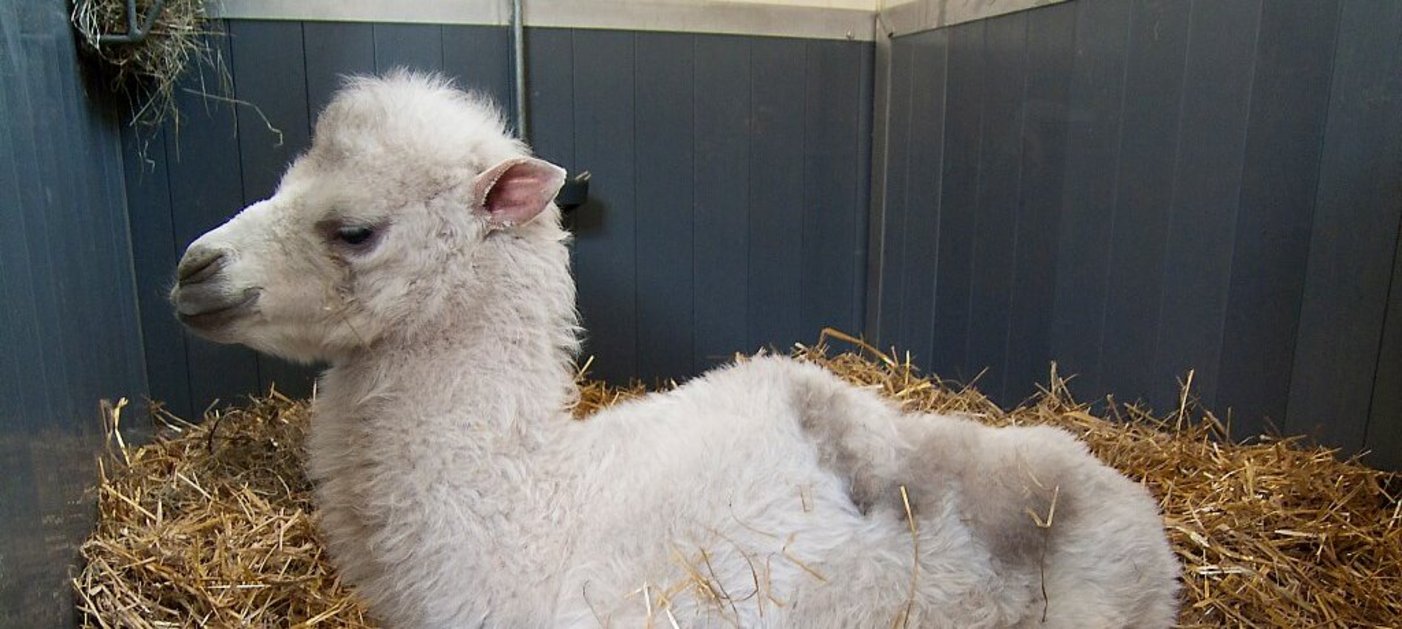- Clinical Unit of Ruminant Medicine /
- Services /
- New World Camelids
Services
At the University Hospital for Ruminants, clinical examination as well as other necessary additional diagnostic procedures are used to determine a cause of disease and to initiate appropriate therapy. Blood and other laboratory examinations with different sample material are performed at the respective institutes (central laboratory, parasitology, bacteriology, virology, pathology).
The use of imaging techniques such as ultrasound, endoscopy and X-ray examination can also be performed at the clinic or, in the case of CT or MRI examinations, at the Department of Radiology. Depending on the problem that arises, specialists in the appropriate fields may be called in as needed.
If you wish to bring a patient to our clinic, please be sure to notify us in advance by calling 01-25077-5232.
Please refer to our information sheet for patient referrals!
- Anesthesia (organizationally in the Clinic for Small Animals)
- Soft tissue surgery (excerpt)
- Abdominal surgery
- (Blind) intestinal operations
- Enucleations
- Foreign body operations
- Urinary tract operations
- Castration
- Abomasal surgery
- Umbilical surgery
- Wound care
- Teat surgery
- Orthopedic surgery
- Jaw fractures
- Claw and joint diseases
- Fractures
- Ophthalmology - Ophthalmology (organizationally in the Clinic for Small Animals)
- respiratory tract - pulmonology
- Dermatology - Skin
- Udder and mammary gland diseases
- Gastroenterology - gastrointestinal tract
- Skin - Dermatology
- Cardiovascular - Cardiology
- Cardiology - Cardiovascular
- Lymphatic system
- Gastrointestinal tract - Gastroenterology
- Mastitis diagnostics
- Mammary gland and udder diseases
- Milk examinations
- Muscle - Myology
- Myology - Muscle
- Nervous system, brain, sensory organs - neurology
- Kidney, bladder, urinary tract - nephrology and urology
- Nephrology and Urology - Kidney, Bladder, Urinary Tract
- Neurology - nervous system, brain, sensory organs
- Pulmonology - respiratory system
- Dentistry
- Hoof and joint diseases
- Hoof care
- Diagnosis of lameness (including ultrasound, X-ray)
- Muscle and nerve diseases
Since the number of animals within a herd is also on the rise in Austria, the University Clinic for Ruminants and its cooperation partners offer herd health management services.
After evaluating the health status of your herd, the aim is to monitor it in order to detect problems at an early stage and to be able to react accordingly. Possibilities for this are blood tests, feed analyses as well as examination of other sample material such as feces or skin scrapings. The control of endoparasites plays a special role in the management of livestock. Endoparasite control and also monitoring programs are coordinated with you to suit your farm.
If herd management is carried out, this can be done together with your supervising veterinarian.
If you are interested, please contact us at 01-25077-5201 or by E-Mail. You will be informed about the costs and the exact procedure.
